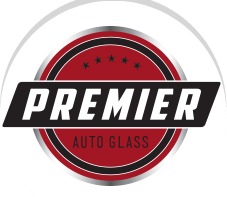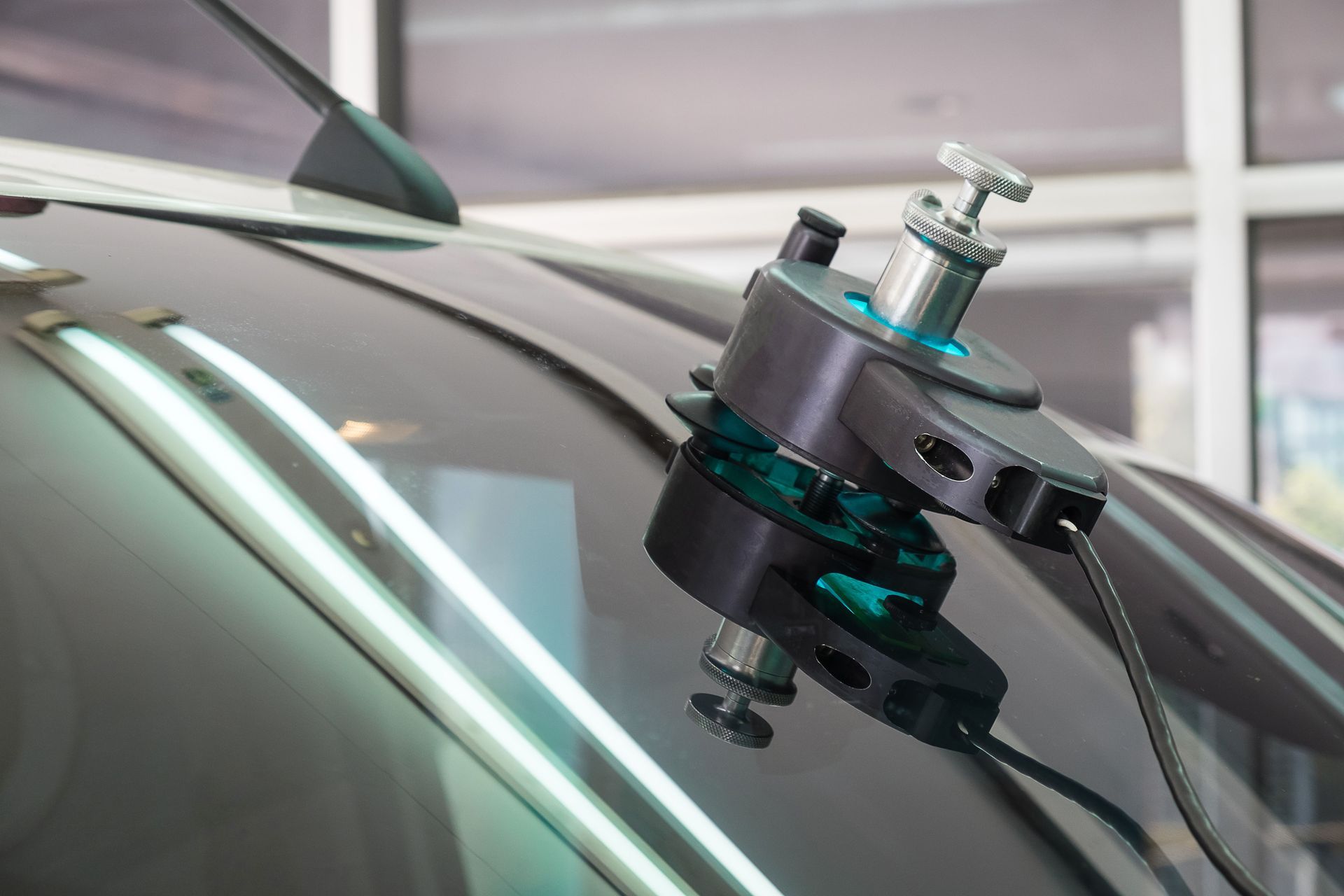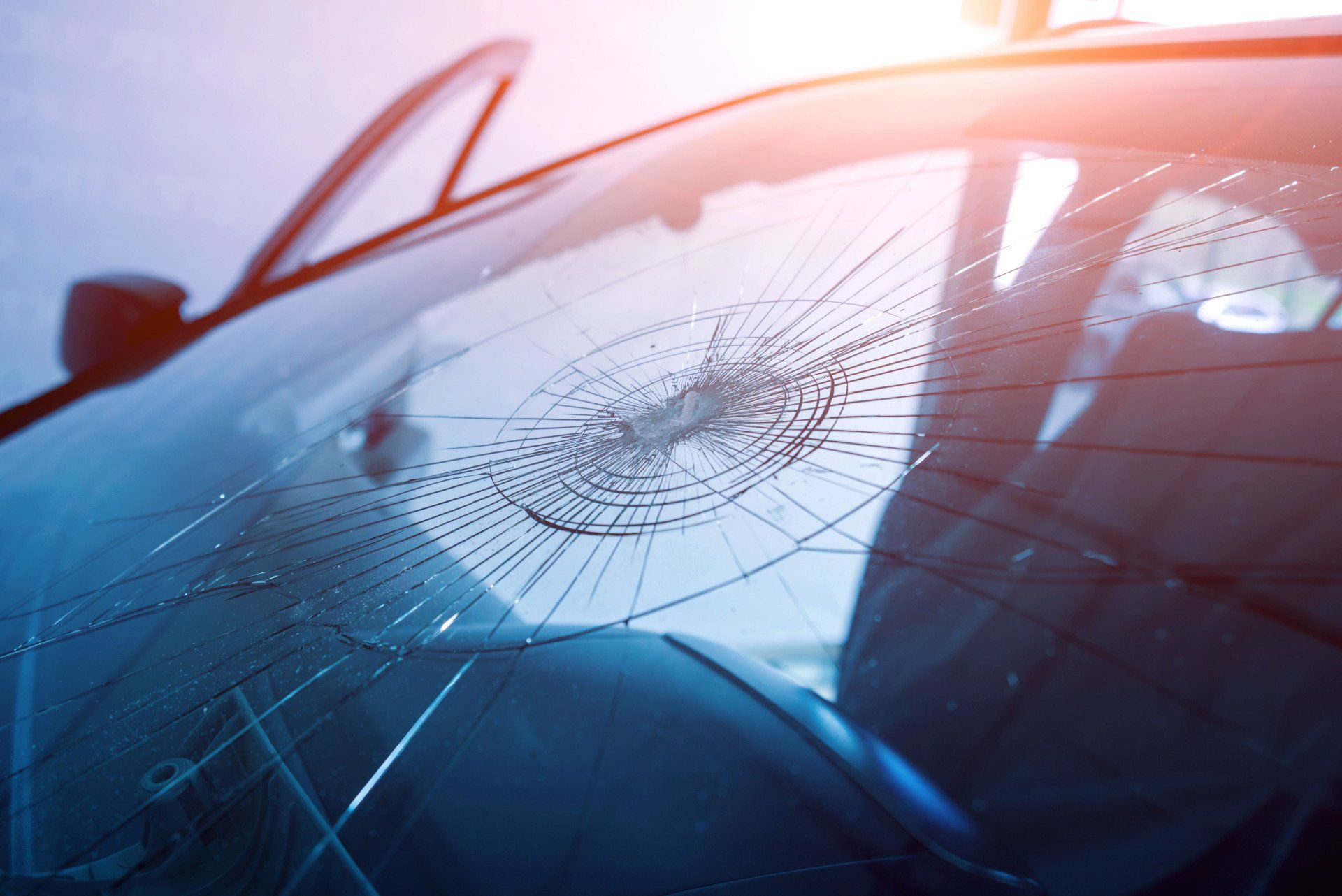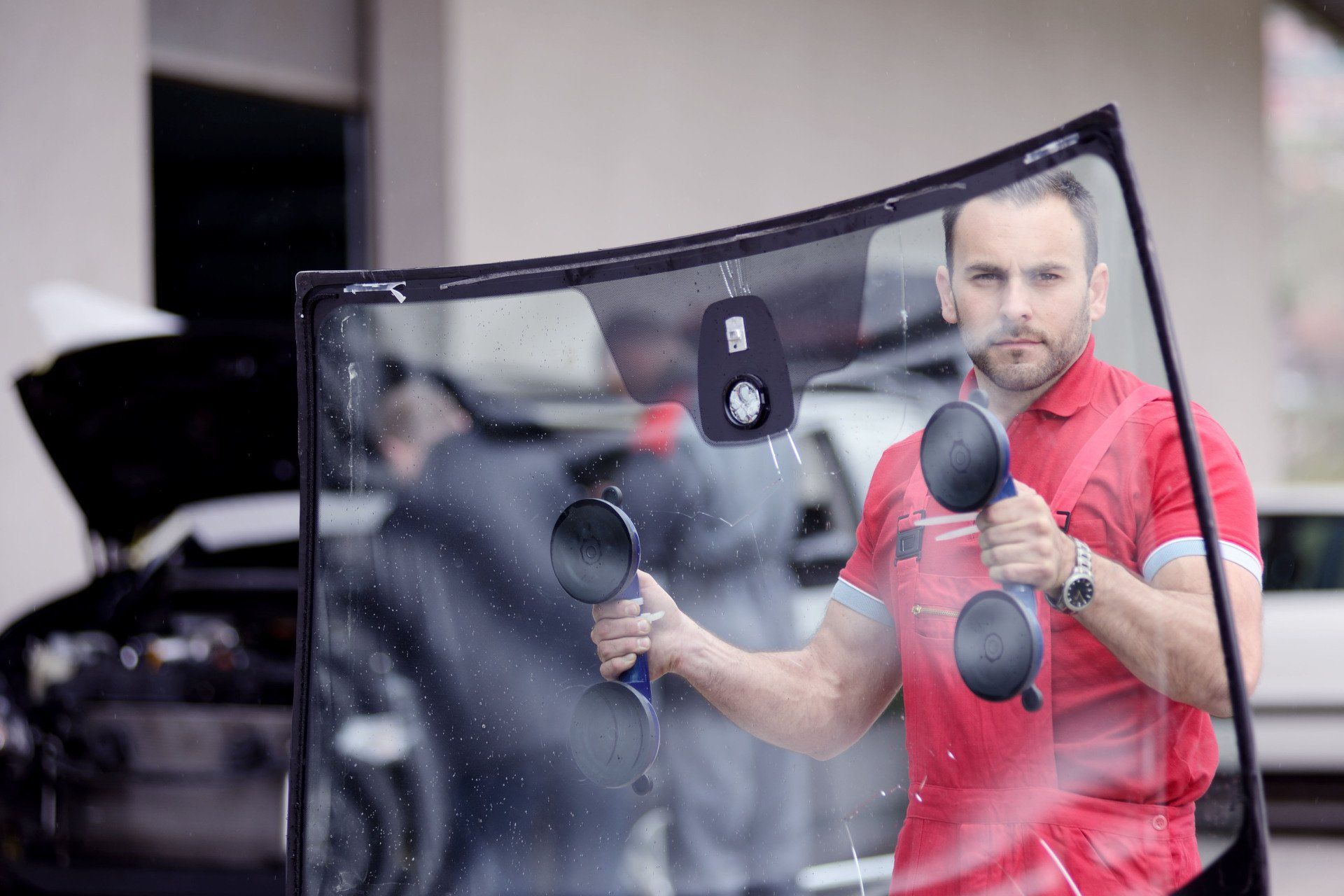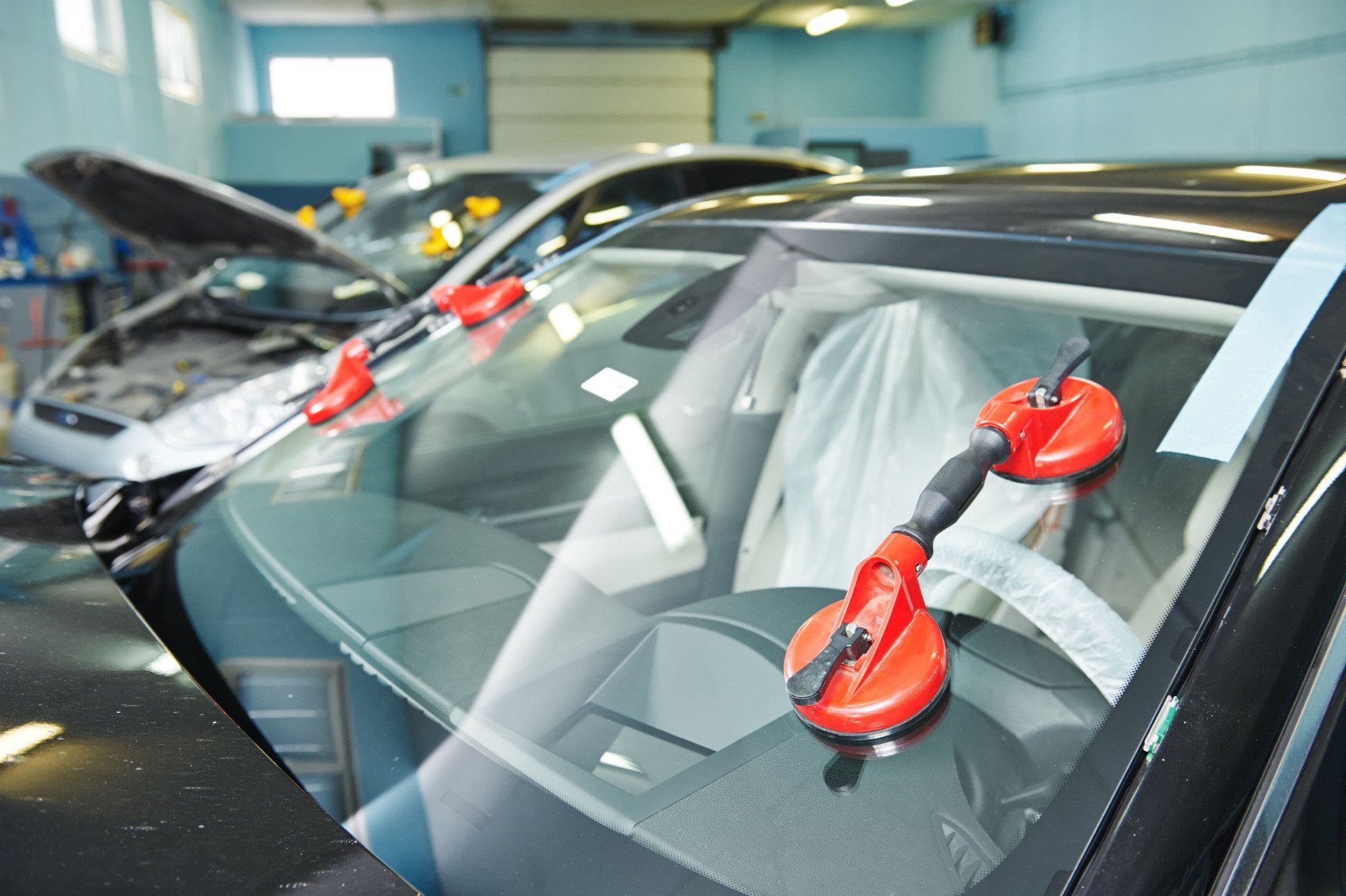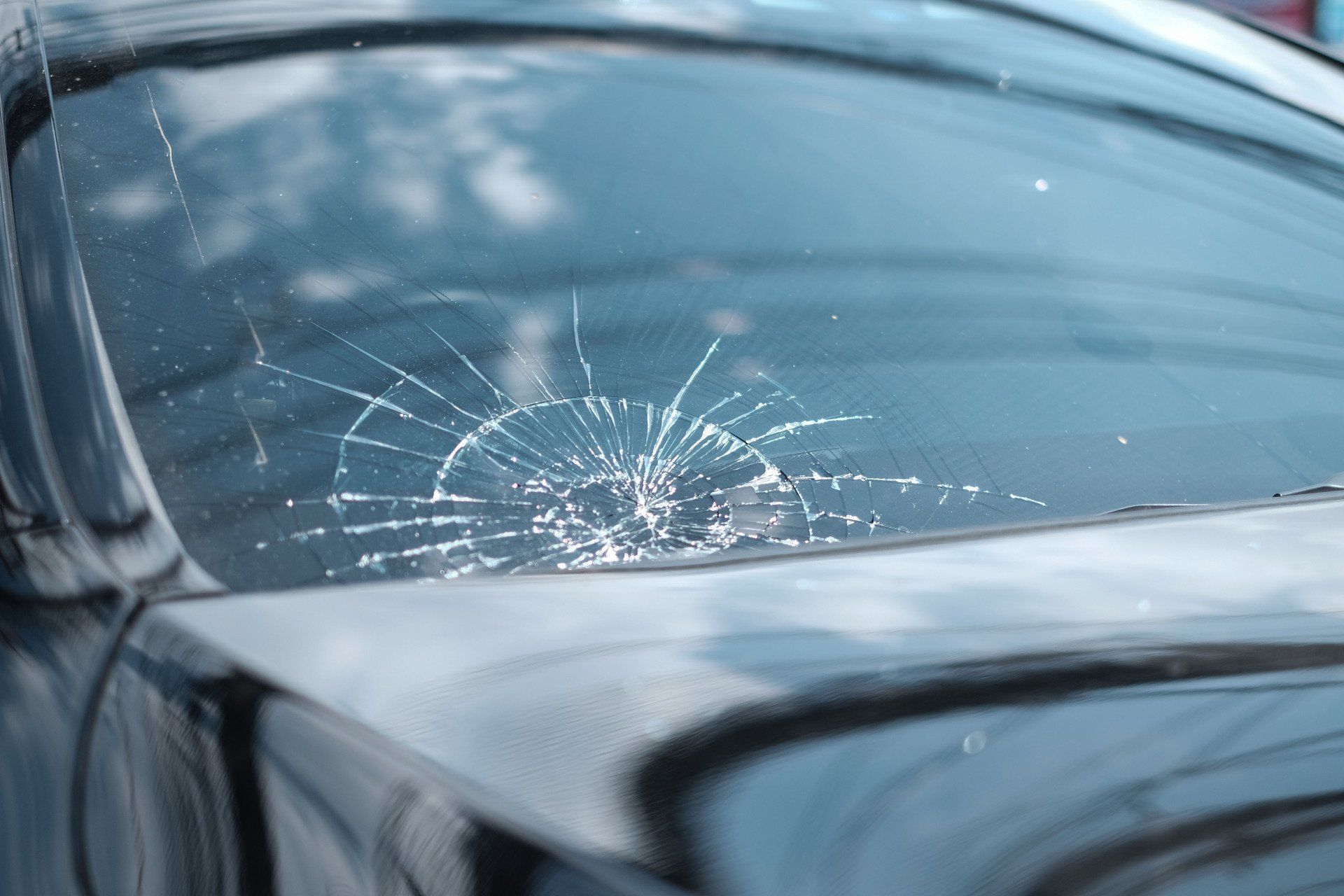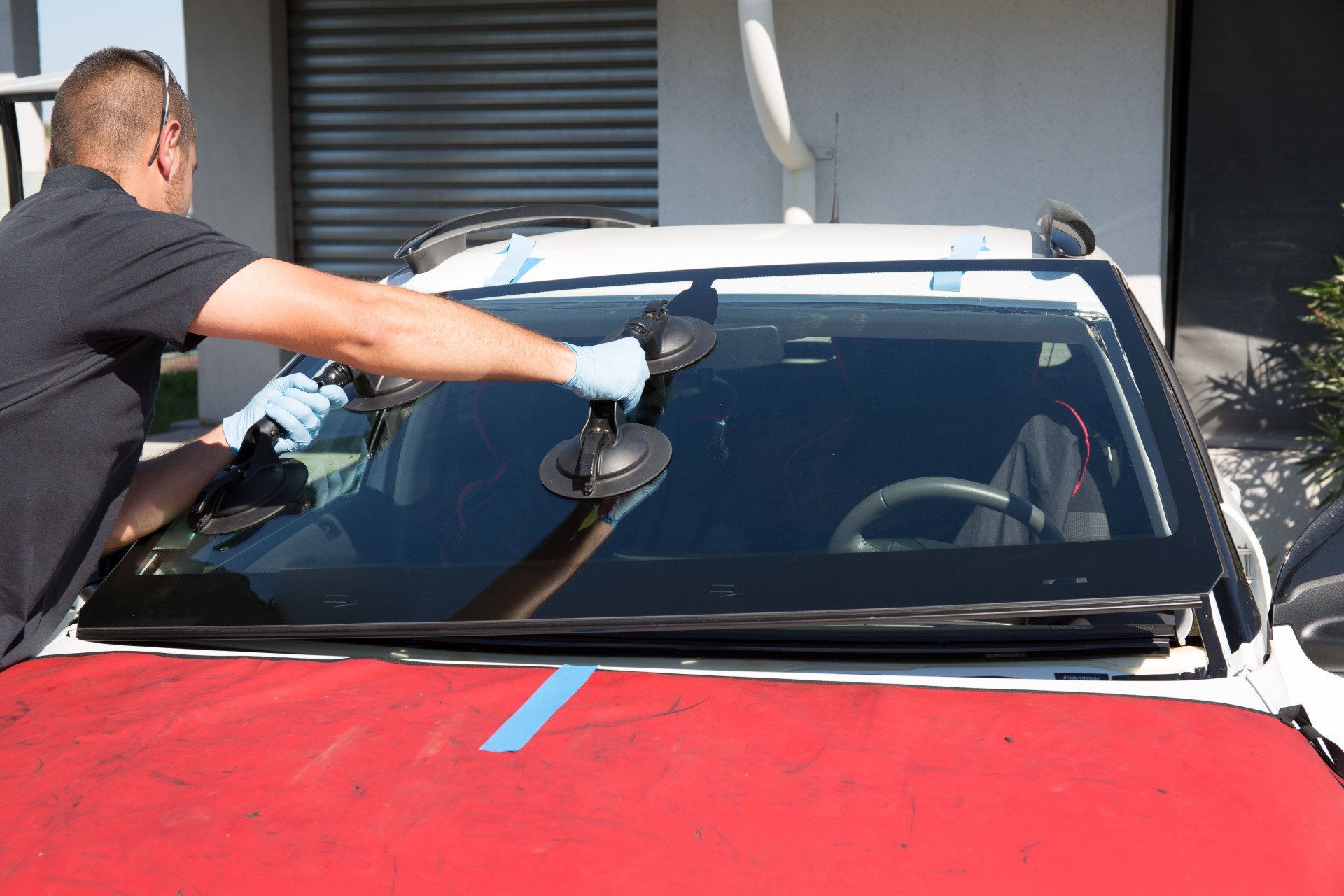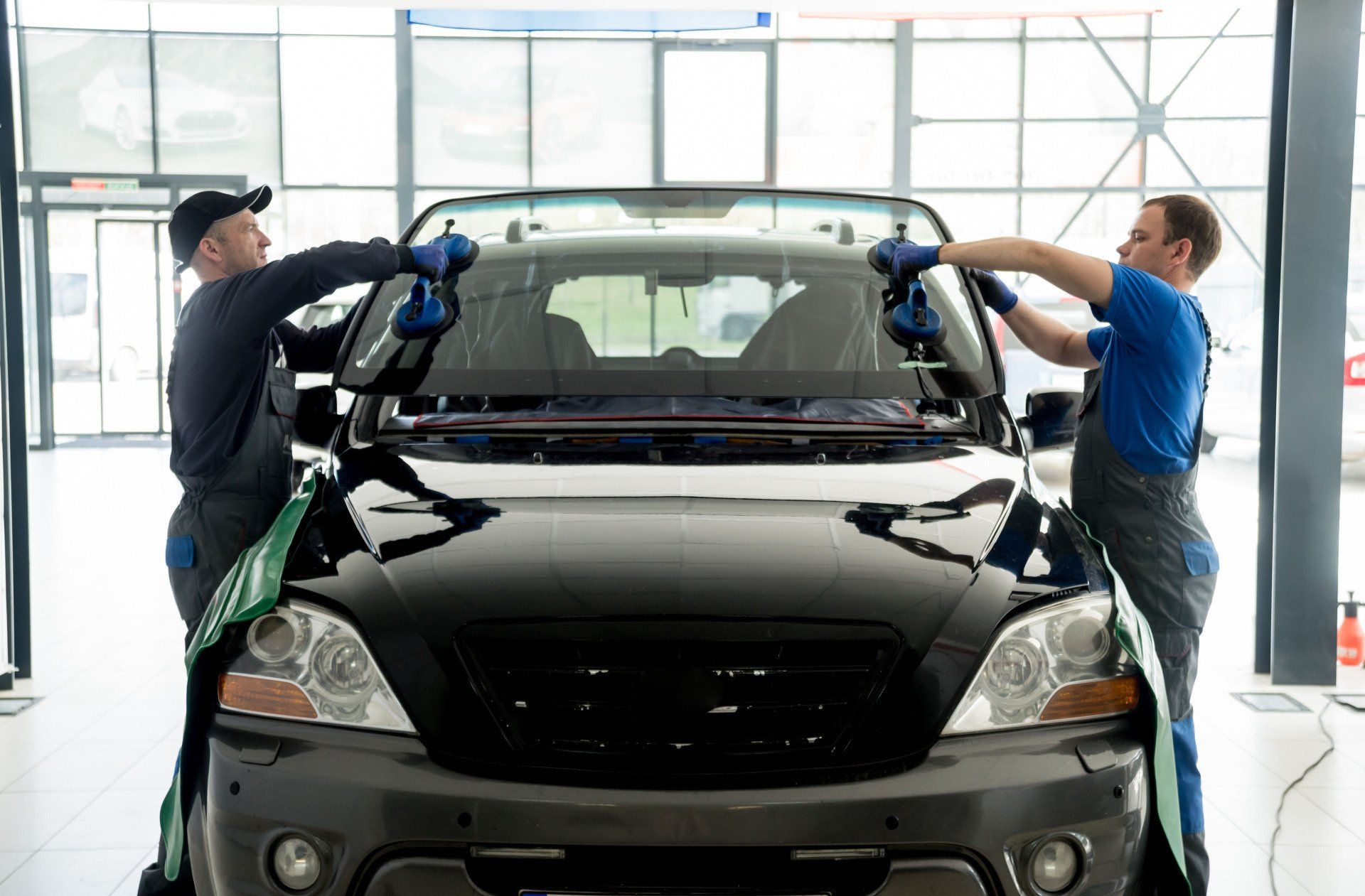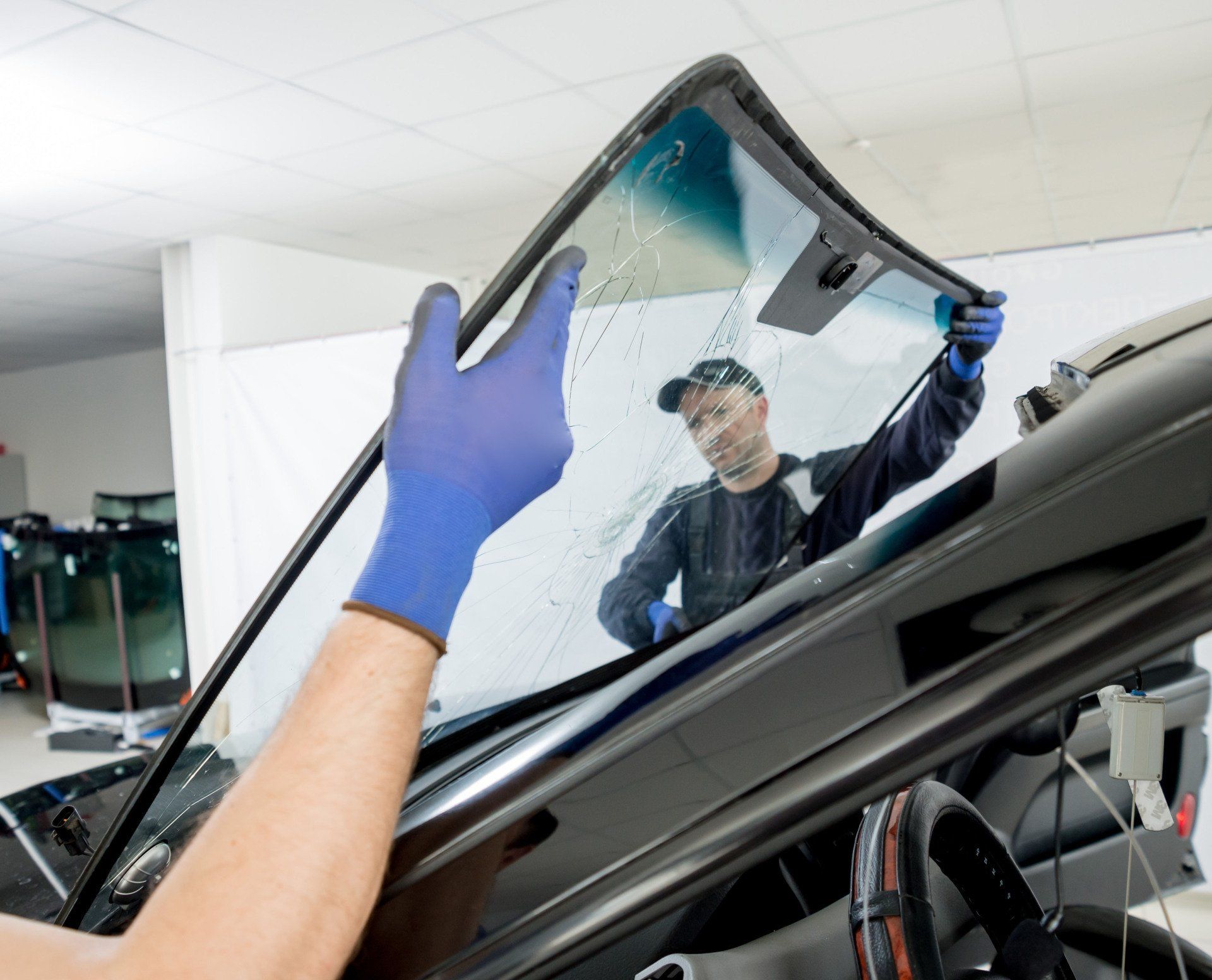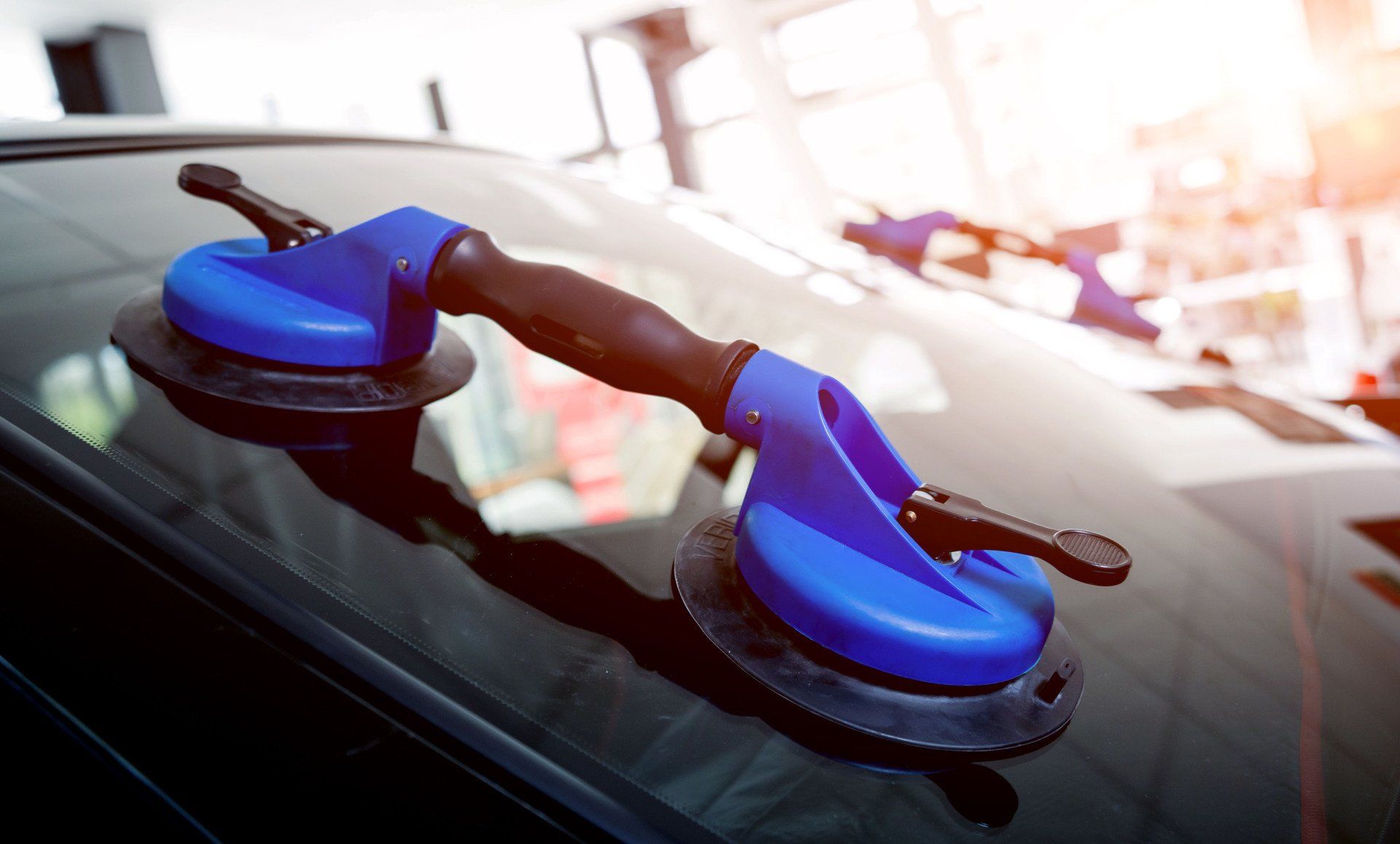Does Insurance Cover Auto Glass Repairs?
Understanding Auto Insurance Policies
As with any insurance policy, it's important to read your policy documents to determine if a particular service is covered. Sometimes, auto glass repairs may be covered under your comprehensive insurance policy, while others may be covered under your collision insurance policy.
Many auto insurance policies also have a deductible that you must meet before coverage kicks in. Your deductible is the amount you agree to pay out-of-pocket for damages before your insurance company steps in and covers the rest.
Collision Coverage
This type of coverage usually only covers damage to your vehicle resulting from a collision with another object, such as another vehicle. If you have collision coverage, your insurance will likely cover auto glass repairs minus your deductible. But if the auto glass damage is due to vandalism, you will likely have to pay for the repair unless you have comprehensive coverage.
Comprehensive Coverage
Damage caused by events other than a collision, such as hail, vandalism, or theft, is typically covered by comprehensive coverage. For example, if a tree limb falls on your windshield and cracks it, comprehensive coverage would likely pay for the repair minus your deductible. If you don't have comprehensive coverage, you'll be responsible for the entire cost of repairs or replacement.
Full Coverage
Collision and comprehensive coverage are usually bundled together in full coverage. As the name implies, full coverage covers damage to your vehicle (including auto glass damage) caused by collisions and other events, like hail, vandalism, or theft.
If you're unsure whether your insurance covers auto glass repairs, the best thing to do is contact your insurance company and ask. They'll be able to give you the specific details of your coverage and what is and isn't covered. To learn more and to get proper auto glass repairs for your vehicle, contact Premier Glass LLC today!
